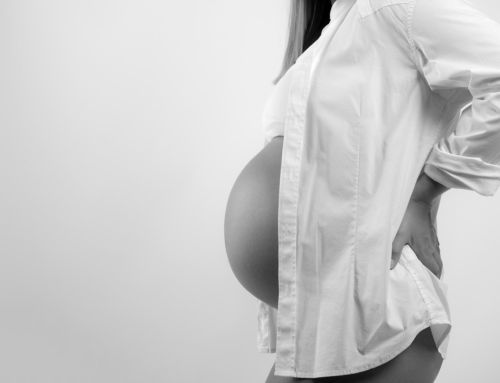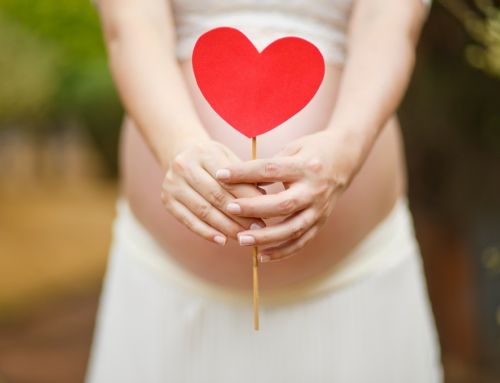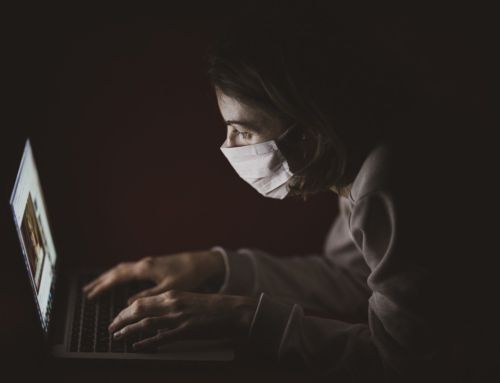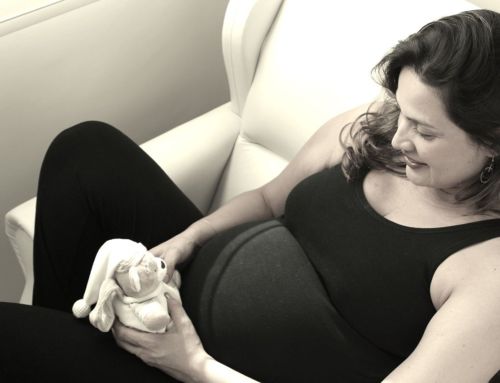Difference Between Baby Blues & Postpartum Depression
More than 70% moms suffer from some form of Baby Blues while about 10% suffer from Postpartum Depression. Understand the signs & difference between them and learn when to seek medical help

Did you just have a baby and are you experiencing mood swings or feeling of extreme exhaustion ? Chances are that you could be either suffering from a condition known as baby blues or postpartum depression (PPD).
In this article, we will discuss about the difference between the two and how to distinguish them so that you can get the appropriate help that you need.
Difference Between Postpartum Depression & Baby Blues
Baby blues are defined as short-term dips in the mood right after the birth of the baby usually lasting for 1-2 weeks. It is normal for a mother to feel this way due to the massive hormone changes & birthing stress that the body goes through with the arrival of the baby. You can feel irritable & overwhelmed during this time due to the new responsibilities that you have to bear as a mother. You can also suffer from frequent mood swings wondering about whether you are being a good mother or not.
Postpartum Depression on the other hand is a much more serious condition lasting longer than 1-2 weeks. If you are suffering from a feeling of sadness which is so overpowering that it is effecting your ability to carry out your day to day tasks then this could be sign of Postpartum Depression (PPD). If the sadness feeling starts while you are pregnant which interferes with your quality of life then that could be a sign on Peripartum Depression.
Peripartum and Postpartum depression can impact the quality of life for the mother and could also impact child’s health making it essential for the mother to seek help from a medical practitioner as soon as possible who could help you detect the signs and get you proper help that you need for this very treatable medical condition.
How to Feel better if You are Having Baby Blues
Baby blues usually tend to get better within 1-2 weeks as you take more rest, your hormone levels stabilize & you become more used to handling the new responsibilities that come with being a mother. You can also follow these tips to help yourself get better sooner.
– Take as much rest as you can and catch up on sleep. It is perfectly fine to request your partner to apply for parental leave and be with you so you can manage those initial stressful weeks together.
– Eat healthy foods. This will also be beneficial for the baby as you would probably be breastfeeding.
– Don’t stay cooped up inside the house. Go out for a walk for few minutes to get some fresh air.
– Let things move at their own pace. It is perfectly fine if your house does not look super clean and well maintained while you take care of the baby.
– Learn to accept help when you can. Share some responsibilities with your partner and take help from family members whenever offered.
How to Feel Better if You have PPD
The following are some of the signs of PPD. You could be at risk if you are experiencing these signs and should reach out to your doctor immediately
– Complete loss of interest in your usual daily life or hobbies
– Constant feeling of Sluggishness & fatigue
– Feeling sad, hopeless, helpless, or worthless
– Difficulty sleeping during night or sleeping too much during day time
– Changes in appetite (loss or sudden noticeable increase)
– Difficulty concentrating on things.
– Feel like crying for no reason.
– Lack of interest in the baby or not feeling bonded to the baby
– Feelings of being a bad mother
– Fear of harming the baby or oneself
PPD is not something to be careless about. Please reach out to your doctor right away if you feel that you could be suffering from it. Medical practitioners are well equipped to discuss with you and help detect signs of PPD and can provide you the help you need.






